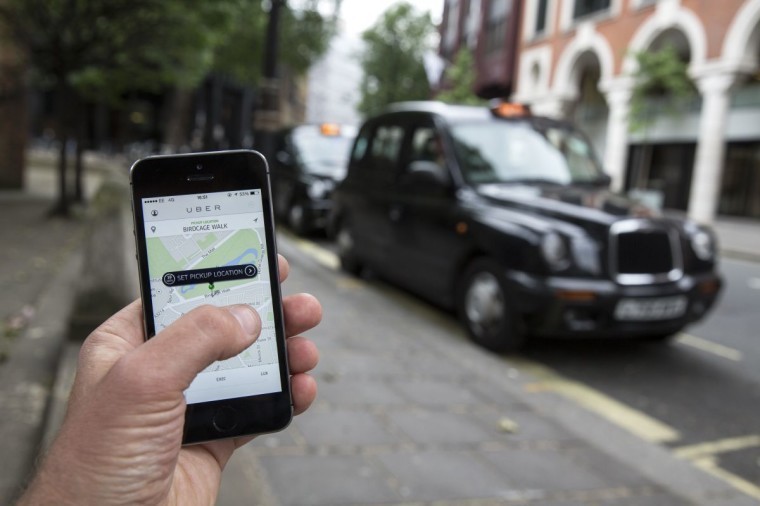
Uber has received a huge investment of $3.5 billion in its latest funding round. The entire amount comes from Saudi Arabia’s Public Investment Fund. The company is now under fire for accepting this money from a country known for its human rights violations.
Uber, seen by many as Silicon Valley’s golden boy, has continued its trend of raising huge amounts of cash from investors around the world, delaying the need for the company to go public. Since it originally launched, the ride-hailing service has received more than $11 billion in funding, and is currently valued at $62.5 billion.
According to a report from The New York Times the company has now accepted $3.5 billion from Saudi Arabia’s government, which is looking to diversify the country’s investments and portfolio as it moves away from oil. As part of the deal, Uber will also be giving a seat on its board to Yasir Al Rumayyan, a managing director at the Saudi Public Investment Fund. CEO, Travis Kalanick commented:
We appreciate the vote of confidence in our business as we continue to expand our global presence. Our experience in Saudi Arabia is a great example of how Uber can benefit riders, drivers and cities and we look forward to partnering to support their economic and social reforms.
Kalanick’s point about social reforms did not go unnoticed as Uber quickly found itself under fire for accepting this investment. Most of its critics point to the fact that Saudi Arabia consistently infringes upon human rights and that women are not allowed to drive in the country, thanks to religious edicts.
However, Uber did not shy away from this point with Jill Hazelbaker, an Uber spokeswoman saying:
Of course we think women should be allowed to drive. In the absence of that, we have been able to provide extraordinary mobility that didn’t exist before — and we’re incredibly proud of that.
According to the company, roughly 80 percent of Uber users in Saudi Arabia are women. Meanwhile the Saudi government says it wants to increase the number of overall women in the workforce to 30 percent by 2030.
Source: NYT | Image via The Drum

















12 Comments - Add comment